Special Collections
50 Features of Special Collections: The Gary Snyder Papers
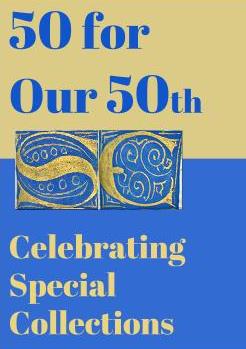
Professor Gary S. Snyder (1930- ) renowned poet, essayist, translator, Zen Buddhist, environmentalist continues to make an indelible mark on late-twentieth and twenty-first century thought. He is considered one of the most significant environmental writers and a central figure in environmental activism.
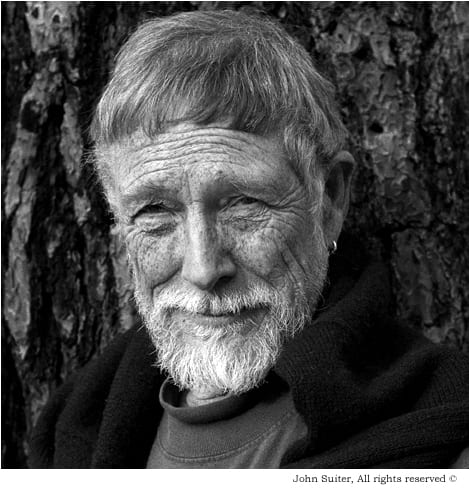
The Gary Snyder Papers, (D-050) document the personal and professional activities of Gary Snyder. He has written more than twenty books of poetry and prose including his forty-year work, Mountains and Rivers Without End and Turtle Island for which he won the 1975 Pulitzer Prize for Poetry. The collection spans the years 1910-2009 (1945-2002 bulk) and continues to grow. Drafts as well as final versions of poems and prose pieces are found in the collection along with correspondence, recordings of poetry readings and interviews, subject files, manuscripts and publications by other authors, serials, ephemera, and memorabilia. The collection draws the most national and international visitors to Special Collections. It has led to hundreds of queries for information, research and publication use. Faculty, students, and other researchers find an extensive collection of over 274.8 linear feet to explore in Gary Snyder’s personal journals, writings, correspondence, essays, and publications, and ephemera.
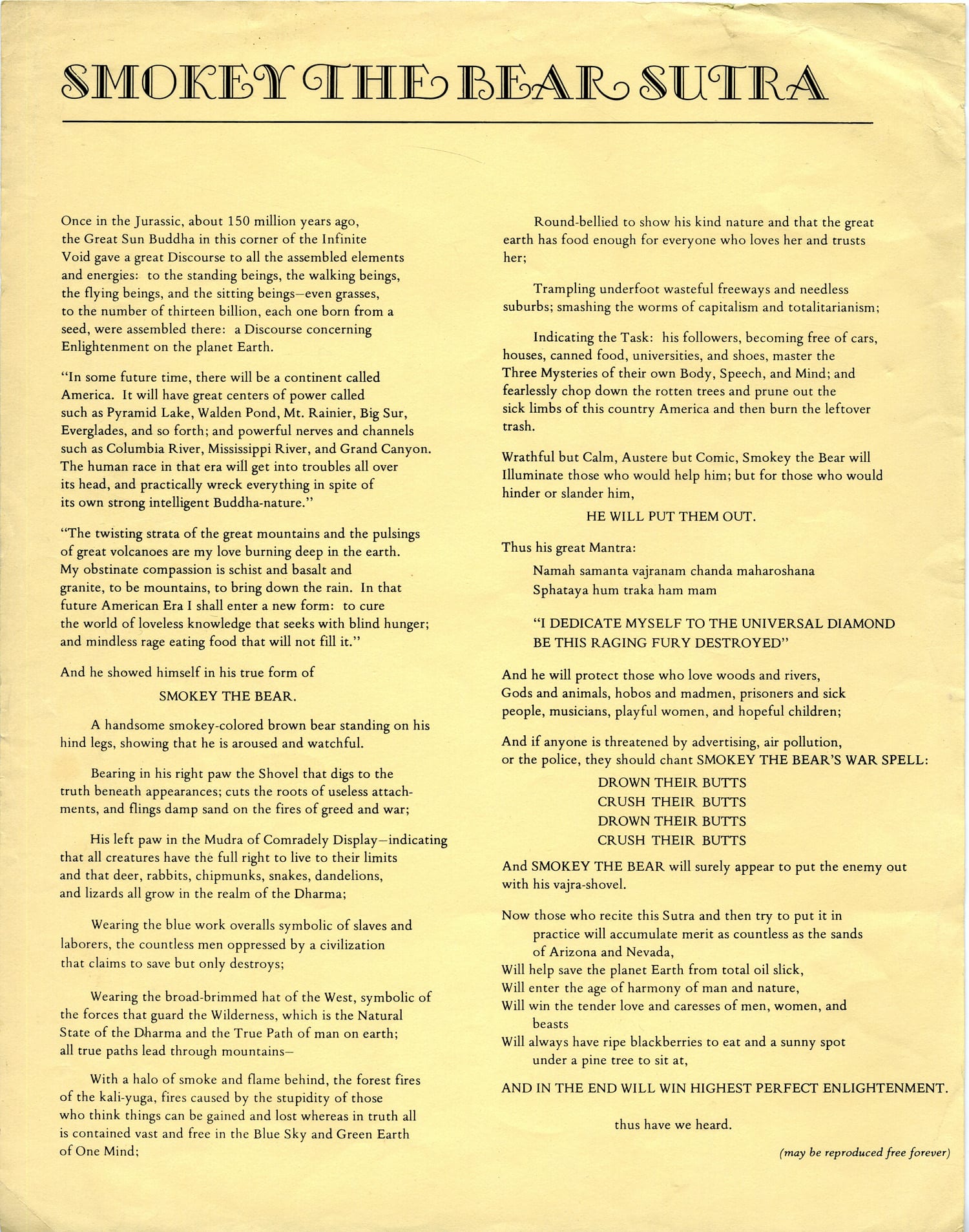
The Gary Snyder Papers was cataloged and a finding aid created with the support from a 2002/03 U.S. Institute of Museum and Library Services, Library Services and Technology Act (LSTA) grant administered by the California State Librarian.
Further information about the collection may be found on the Online Archive of California, including a detailed inventory of the collection.
Gary Snyder became a faculty member in the Department of English at the University of California, Davis in 1986. He was instrumental in founding the “Nature and Culture” program (1993), an undergraduate academic major for students of society and the environment. He was also active in establishing “The Art of the Wild” (1992), an annual conference on wilderness and creative writing. The Academic Senate selected Snyder as the 2000 Faculty Research Lecturer, the University of California, Davis’ highest faculty peer honor. He retired in 2002.
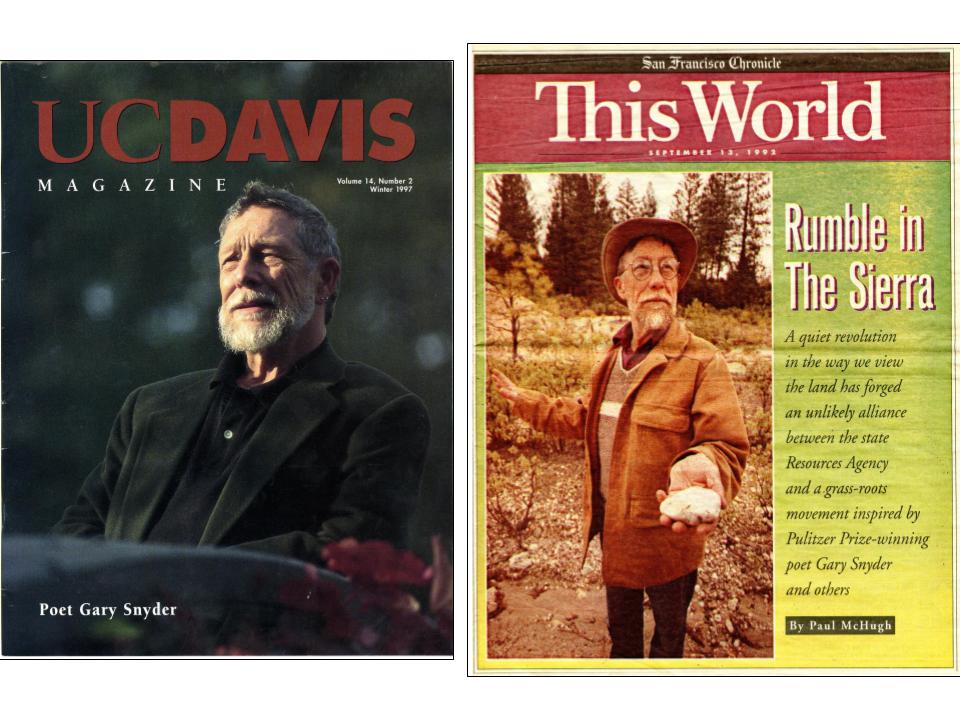
Recognition of Snyder’s achievements includes the 1975 Pulitzer Prize for Poetry for his book Turtle Island, his appointment to the California Arts Council (1975-1979), and his induction into both the American Academy of Arts and Letters (1987) and the American Academy of Arts and Sciences (1993). After his long poem cycle and forty-year work, Mountains and Rivers Without End, was published, he was presented with the 1997 Bollingen Prize for Poetry.

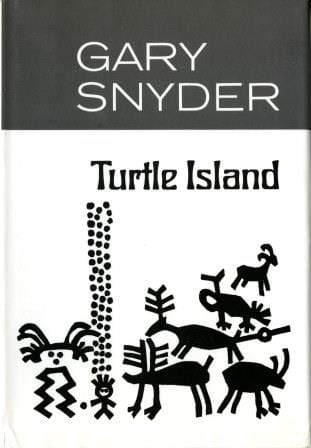
In conferring the award, the judges observed,
Gary Snyder through a long and distinguished career has been doing what he refers to in one poem as ‘the real work.’ ‘The real work’ refers to writing poetry, an unprecedented kind of poetry, in which the most adventurous technique is put at the service of the great themes of nature and love. He has brought together the physical life and the inward life of the spirit to write poetry as solid and yet as constantly changing as the mountains and rivers of his American — and — universal landscape.
Snyder received the Lila Wallace Reader’s Digest Grant in 1998. Also in 1998, he was honored with the Bukkyo Dendo Kyokai (Society for the Propagation of Buddhism) award for his outstanding contributions in linking Zen thought and respect for the natural world across a lifelong body of poetry and prose. In 2001, he was awarded the California State Library Gold Medal for Excellence in the Humanities and Science.
A detailed biography of Gary Snyder can be found on the Online Archive of California.
A research project written by John Sherlock entitled Gary Snyder; a bibliography of works by and about Gary Snyder may be found here.
For further information on the collection contact Archives and Special Collections.